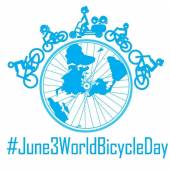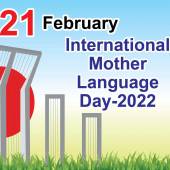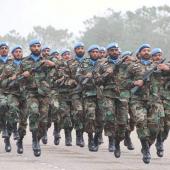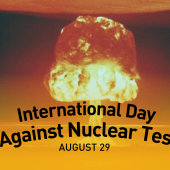International Day of UN Peacekeepers
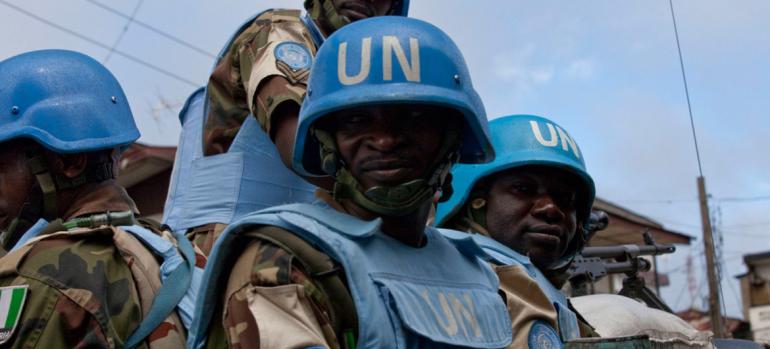
Every May 29, the world marks International Day of United Nations Peacekeepers.
It is a chance to pay tribute to the invaluable contribution of uniformed and civilian personnel and to honor more than 3,800 peacekeepers who have lost their lives while rendering peacekeeping services.
The first UN peacekeeping mission was established on May 29, 1948, when the Security Council authorized the deployment of a small number of UN military observers to the Middle East.
Since then, more than one million men and women have served in 72 UN peacekeeping operations, directly impacting the lives of millions of people, protecting the world’s most vulnerable and saving countless lives.
UN Peacekeeping operations use the Day to strengthen bonds with the local populations that they have been deployed to serve.
For example by holding sporting events, school and orphanage visits, art and essay competitions, photo exhibits, neighborhood clean ups, tree plantings, concerts, and conferences and workshops on peace issues.
This year, the challenges and threats faced by our peacekeepers are even greater than ever, as they, like people around the world, are not only having to cope with the COVID-19 pandemic, but also support and protect the people in the countries they are based in.
They are continuing their operations to the best of their abilities and supporting the governments and the local populations, despite the risk of COVID-19.
The theme for this year’s Day is “Women in Peacekeeping: A Key to Peace” to help mark the 20th anniversary of the adoption of UN Security Council Resolution 1325 on Women, Peace and Security.
Why is it important to have women peacekeepers?
• Improved operations and performance: Greater diversity and a broadened skillset means improved decision‐making, planning and results, leading to greater operational effectiveness and performance.
• Better access: Women peacekeepers can better access the population, including women and children - for example, by interviewing and supporting survivors of gender-based violence and violence against children - thereby generating critical information that would otherwise be difficult to reach.
• Reflecting the communities we serve: Diversity in United Nations peacekeepers allows engagement with all members of the communities we are there to protect.
• Building trust and confidence: Women peacekeepers are essential enablers to build trust and confidence with local communities and help improving access and support for local women, for example, by interacting with women in societies where women are prohibited from speaking to men.
• Help prevent and reduce conflict and confrontation: Diversity in peacekeeping helps to address the disproportionately negative effect that conflict has on the livelihood of women and bring new perspectives and solutions to the table by effectively addressing the needs of women in conflict and post-conflict settings, including those of women ex-combatants and child soldiers during the process of demobilizing and reintegration into civilian life.
• Inspiring and creating role models: Women peacekeepers serve as powerful mentors and role models for women and girls in post-conflict settings in the host community, setting examples for them to advocate for their own rights and pursue non‐traditional careers.
Radio Veritas Asia (RVA), a media platform of the Catholic Church, aims to share Christ. RVA started in 1969 as a continental Catholic radio station to serve Asian countries in their respective local language, thus earning the tag “the Voice of Asian Christianity.” Responding to the emerging context, RVA embraced media platforms to connect with the global Asian audience via its 21 language websites and various social media platforms.









